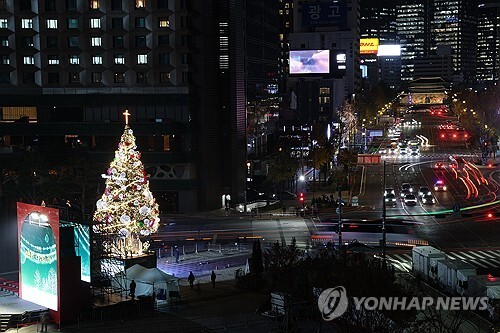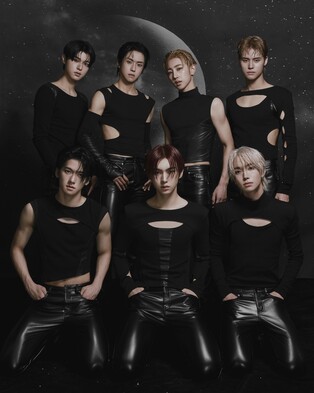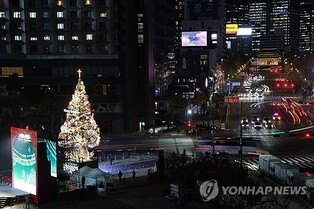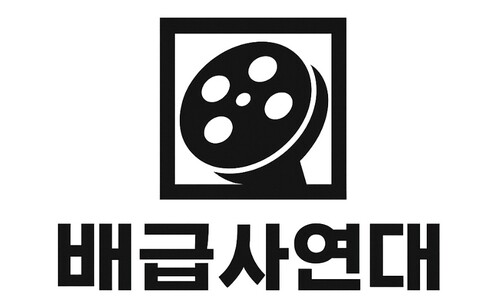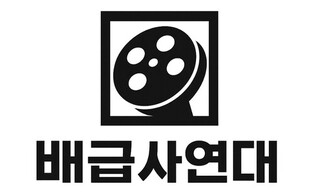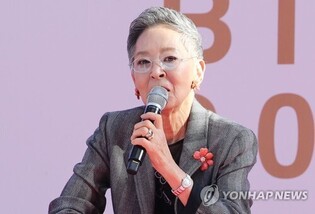dailies-editorials (2)
(EDITORIAL from Korea Times on July 10)
China strikes back
: Ensure economic security amid G2 tech war
The tech battle between the U.S. and China has entered the second round, with China striking back.
On July 3, China said it will impose export controls next month on gallium and germanium, two metals used in high-end semiconductors. Beijing took out a sword of resource control to fight against Washington's tech control.
The move came days before U.S. Treasury Secretary Janet Yellen visited Beijing to discuss economic issues. China wanted to gain the upper hand using resource exports as leverage.
Both countries cite "national security" to justify their protectionist moves. However, the rest of the world knows that the G2 nations intend to pursue global economic hegemony. Countries go all out to protect their economic security and maximize national interests. In this post-globalization world split into democratic and authoritarian blocs, both sides show signs of crossing over to the other camp.
A notable exception is Korea.
The industry ministry said China's planned export restriction on the two metals essential for chips, solar panels and electric vehicles would have a limited impact on Korea in the near term. However, it will be hit hardest if the control prolongs and expands to other metals, including rare earth elements. Korea relies on imports for 95 percent of its mineral demand. Regrettably, many of these come from China.
Most Koreans remember China's trade retaliation in 2016 against Korea's deployment of a U.S. Terminal High Altitude Area Defense (THAAD) missile defense system. Beijing still maintains its ban on some Korean products, as well as Korean dramas and entertainers. In 2021, Korean farmers and truckers also experienced a severe "supply crisis" of urea solution, as China stopped its export for domestic reasons. Korea's dependency rate on China for this particular product reached 97 percent.
Yellen expressed concerns during her stay in Beijing about China's metal export control. She then reiterated Washington's position to "cooperate with allies" to resolve Beijing's "unfair economic practices."
It may be just a statement of principle, but reminds one of another remark. After Beijing banned semiconductor purchases from Micron in May, a U.S. lawmaker told Korean firms not to "backfill" the void. Overinterpretation may not be desirable. However, if Yellen's comment means allies should not seek independent solutions with Beijing, that narrows Seoul's room to move.
Regarding metals and other natural resources, Korea is right to try diversifying import sources to reduce undue dependency on its resource-rich neighbor.
Its move to resume "resource diplomacy" with partners as far away as Africa and Latin America is also commendable. However, it must never repeat the fiasco of the Lee Myung-bak administration more than a decade ago, which wasted nearly 40 trillion won ($30 billion) due to ill-prepared, nepotistic projects. Such concerns are not unwarranted, not least because the Yoon Suk Yeol government seems set to follow its conservative predecessor, from policy to personnel.
Seoul must find more effective and immediate remedies through direct bargaining with Beijing in metals and other economic issues. President Yoon's stance not to yield to China's arrogant pressure is right. However, Seoul can ― and should ― negotiate with Beijing on an equal footing for national interests. Economy and security are not two things but one.
Korea's peculiar geographic position does not seem to leave much room for independent maneuvering in economic diplomacy. Some Western media outlets also criticized Korea for saying one thing and doing another. They cited Seoul's reluctance to provide munitions for Ukraine or join the U.S.-led "chip alliance," as Japan, Taiwan and the Netherlands did.
However, East Asia is not Europe, and Korea differs even from Japan and Taiwan. Korea must, of course, belong to the democratic bloc but maintain contact with China and Russia for its economy and discuss matters with them concerning North Korea.
Since taking office 14 months ago, President Yoon has focused on cementing ties with the U.S. and Japan, prioritizing the values of freedom and democracy.
However, no countries or governments have sacrificed their national interest for their values. Korea must not be the first one to do so.
(END)
(C) Yonhap News Agency. All Rights Reserved


















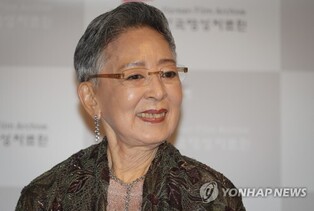

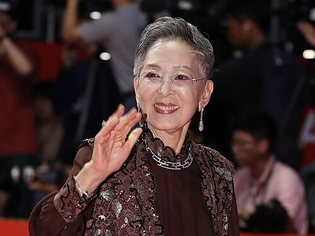
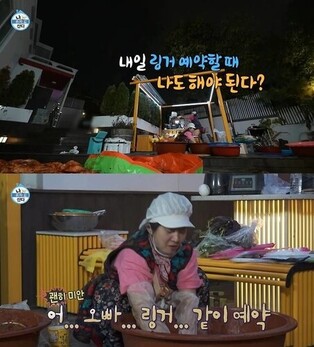
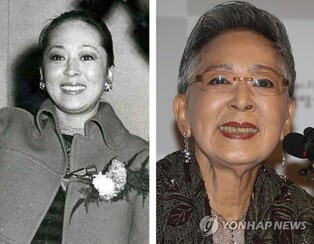
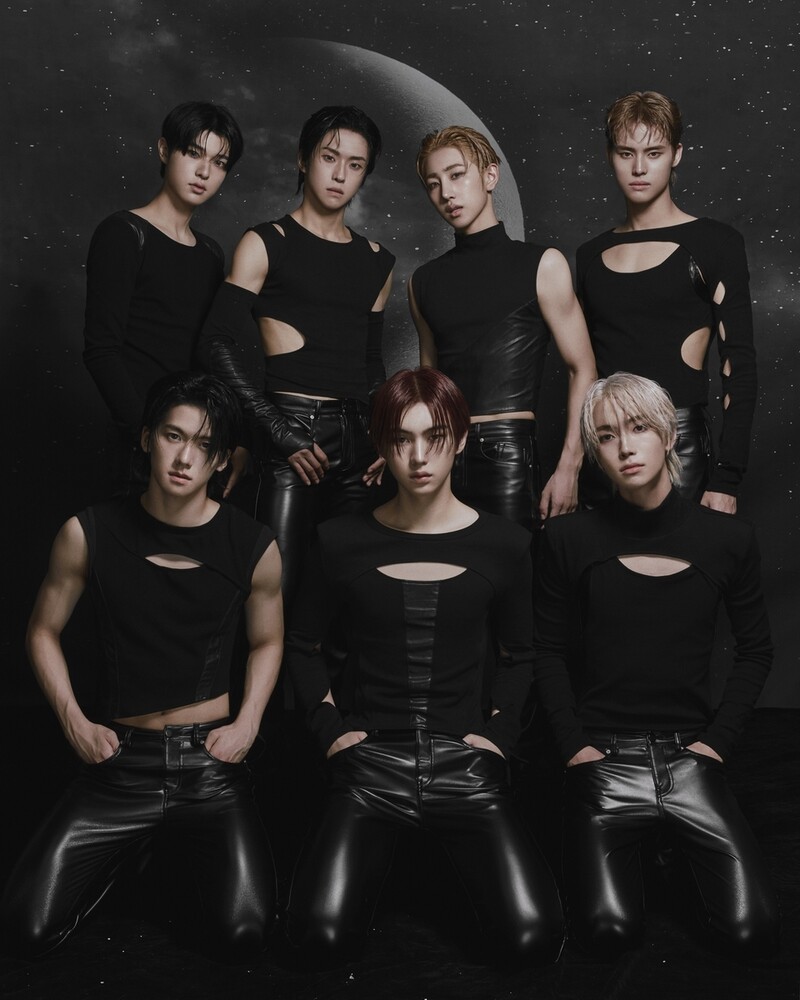
![[가요소식] 지코, 요아소비 이쿠라와 신곡](/news/data/20251212/yna1065624915953509_920_h2.jpg)
